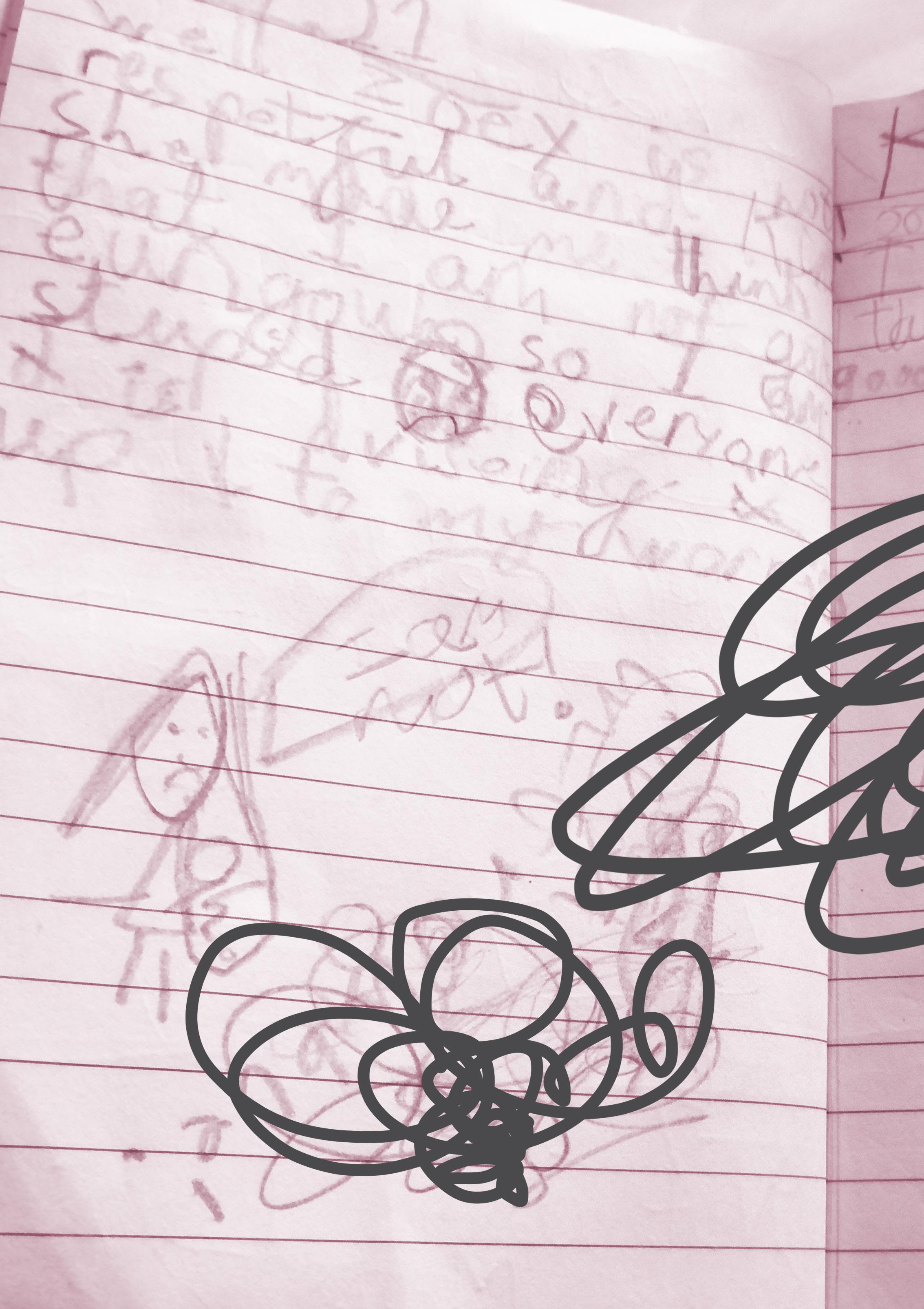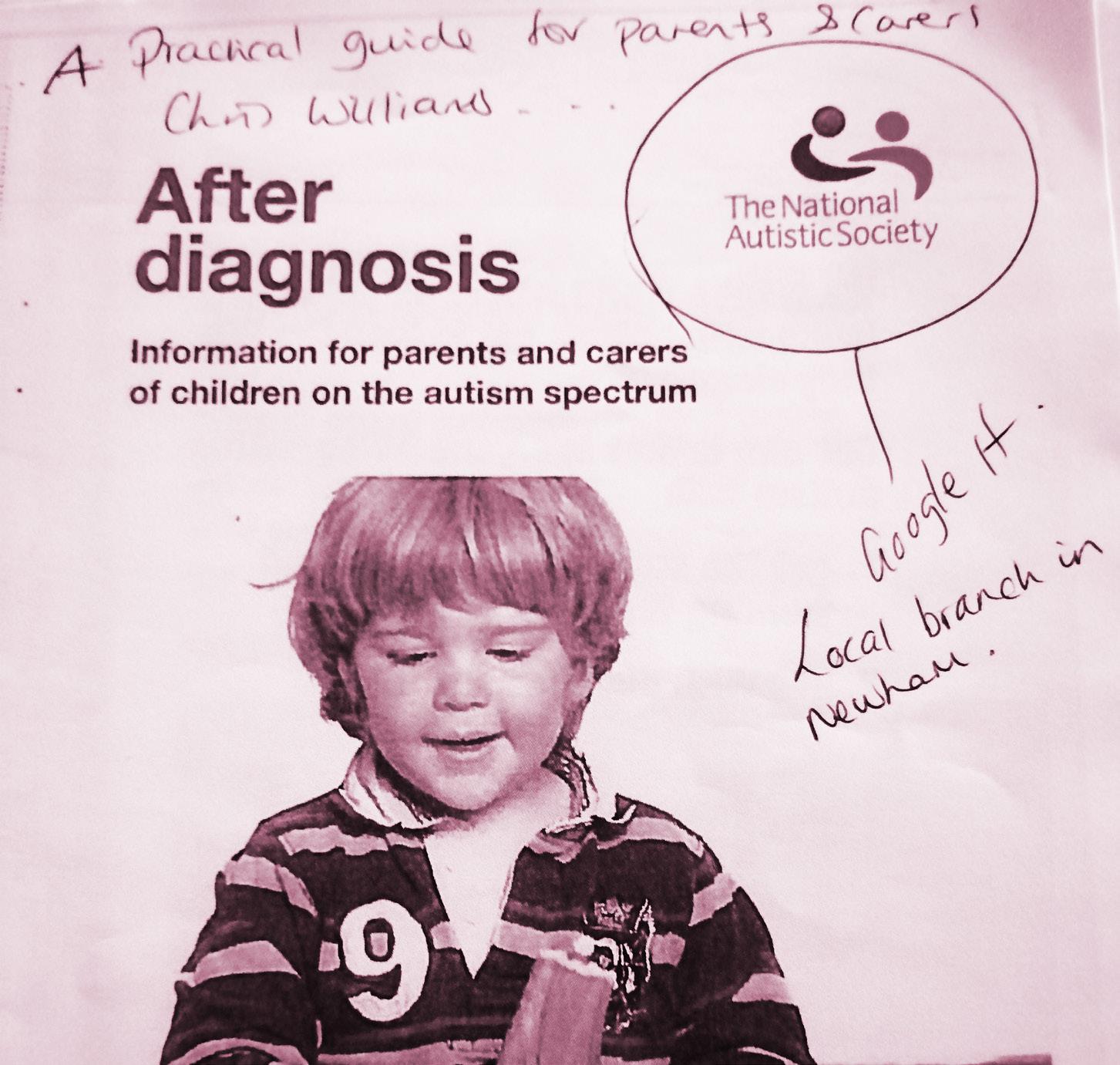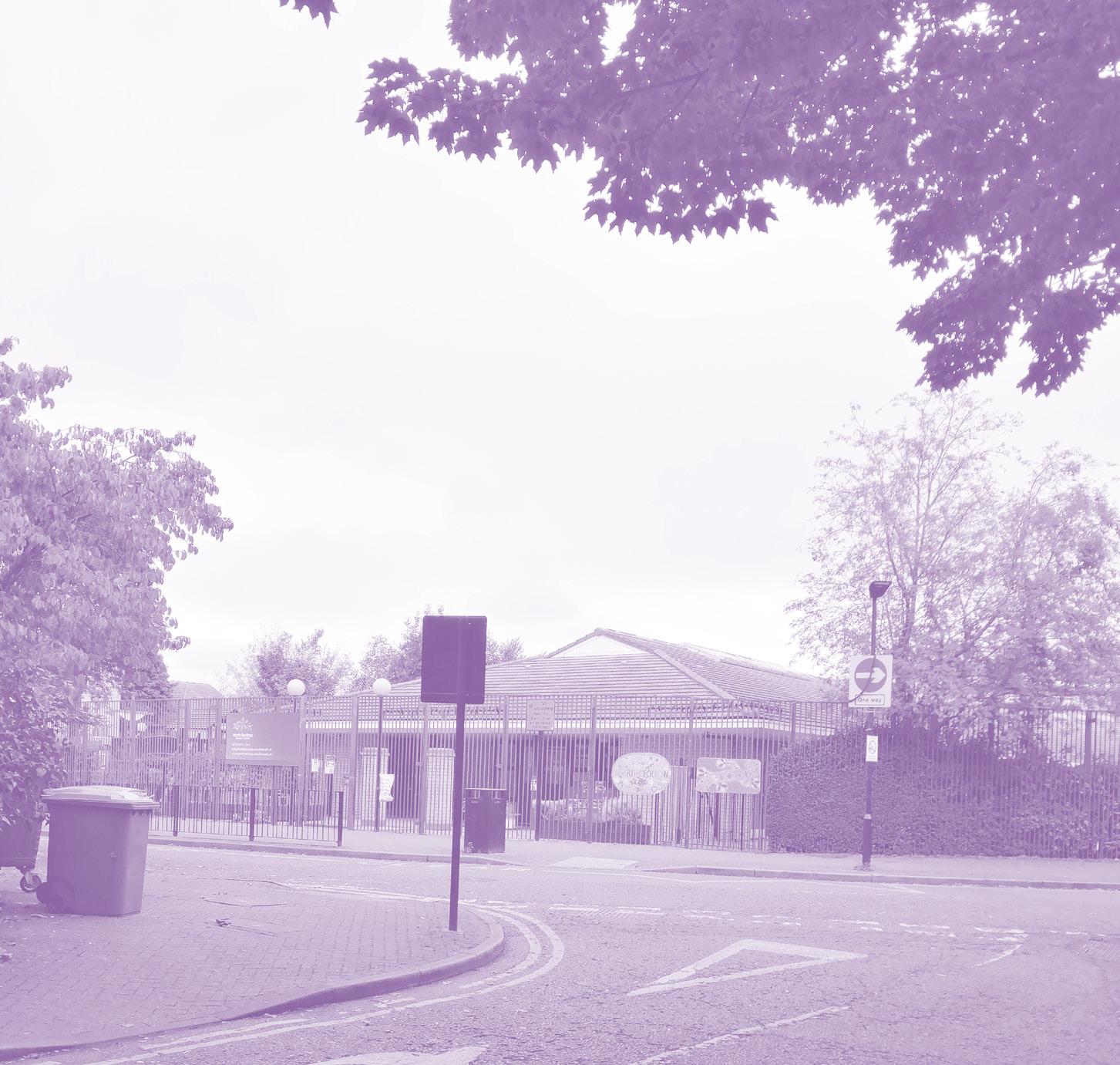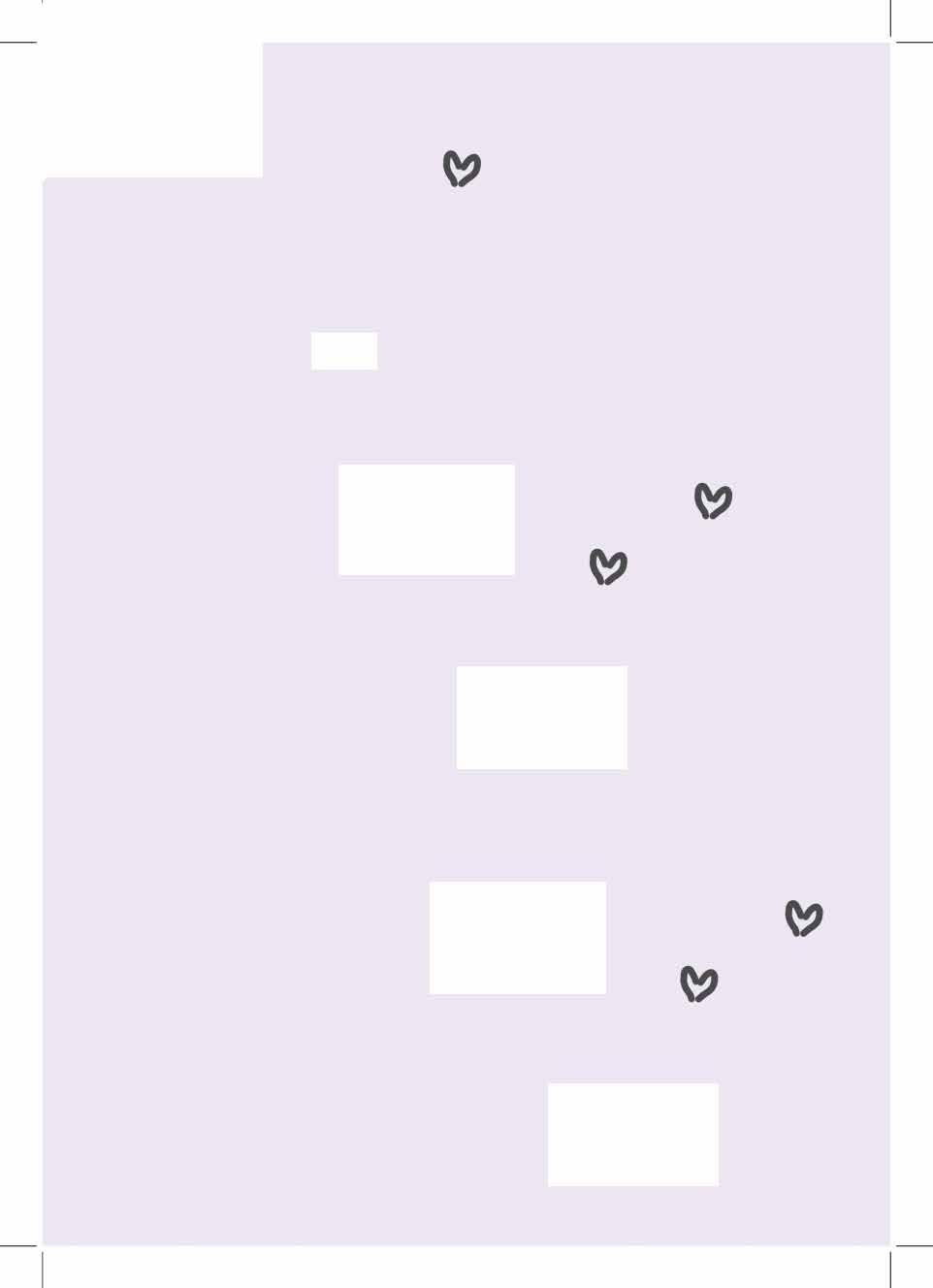These are the thoughts, images, and findings of Twinkle, a resident and citizen social scientist from Beckton, Newham.
Twinkle shared her experience of the obstacles to prosperity that children with special educational needs and their families face, as part of the Prosperity in east London 2021-2031 Longitudinal Study.
To find out more about Twinkle and Prosperity in east London 2021-2031. Take a look at the final pages of this zine.
Although Sarah has no difficulty grasping academic subjects like Maths and English, often surpassing her peers in academic tests, she finds it difficult to master basic motor skills. PE is a struggle for her. She has difficulty buttoning her shirt and often feels embarrassed that her peers finish changing long before her.
“Research consistently shows that autistic children can experience both gross and fine motor delays and/or atypical motor patterns (e.g. Green et al. 2002). A research study by Johnson-Ecker and Parham (2000) showed that autistic children achieved lower scores in praxis tests (the ability to conceptualise, plan and co-ordinate movements to carry out a motor task) than their typically developing peers” (Laurie 2022)
As Twinkle explains, Sarah’s internal world often consists of worry and anxiety. Because she finds it difficult to read other people’s emotions or perform tasks that many of her peers find
playgroup
Last year, when Twinkle was taking part in a research and training programme under UCL’s Citizen Science Academy, she applied to a school holiday playgroup so that Sarah could be taken care of in the day while she attended classes. Although the instructions for the playgroup application explicitly stated “if your child has special educational needs, please do not apply”, Twinkle applied anyway. Twinkle wrote to the playgroup explaining Sarah’s situation: although Sarah has special educational needs, she does not require constant supervision. All she needs is someone to regularly check-in on how she’s feeling. Eventually, the playgroup offered Sarah a place and she now goes there during her holiday breaks.
Twinkle doesn’t blame the playgroup for having a criteria excluding children with special education needs – they have limited resources and limited trained staff- but the limited availability of special needs playgroups speaks to a wider social failing. As Twinkle emphasises, “it shouldn’t be that way”. The demand for educational support, training, and
image 3: Twinkle’s notes from one of the many ASD information sessions she attended
Just news (not bad news) 4.
Sarah doesn’t know she has autism yet. Twinkle and her school have been slowly preparing to tell her, but Twinkle doesn’t want the information to come to Sarah as “bad news”. She wants Sarah to know just how perfect she is and that her differences are simply that, differences:
“Everyone is different in a different way. I would not change a thing about her, I would rather change.” (Twinkle)
Indeed, Twinkle has changed by being Sarah’s mum and she wouldn’t have it any other way. She recounts how being Sarah’s mum has made her a better person - more patient, more understanding, more of a fighter – an ally and advocate. Twinkle hopes that other parents will find comfort and assurance too, and that through improved support and awareness, they will come to appreciate their child’s differences and change with them too.
image 4: booklet that Twinkle saved from an ASD information session
image 4: Sarah’s school
To make society a “place to be” for people with ASD, Twinkle believes that everyone needs to understand how people on the spectrum experience the world. They need to understand the different ways that people experience their worlds, appreciate this diversity, and interact with kindness and care.
In a similar way to her parenting approach, Twinkle would rather society change its definition of “normal” rather than force Sarah to fit theirs.
Autistica. 2021. “Alexithymia.” Autistica. February 26, 2021.
Green D., Baird G., Barnett A.L., Henderson L., Huber J., Henderson S.E. 2002. “The Severity and Nature of Motor Impairment in Asperger’s Syndrome: A Comparison with Specific Developmental Disorder of Motor Function.” Journal of Child Psychology and Psychiatry 43(5): 655–668.
Hertfordshire County Council. 2023. “Education, Health and Care Plans (EHCP).” 2023.
Hunter, Jack. 2019. “Plans That Work: Employment Outcomes for People with Learning Disabilities.” Manchester: Institute for Public Policy Research North.
Johnson-Ecker, C. L., & Parham, L. D. 2000. “The Evaluation of Sensory Processing: A validity study using contrasting groups.” American Journal of Occupational Therapy, 54(5), 494–503.
Laurie, Corinna. 2022. “Autistic Children and Motor Skills.” National Autistic Society. November 4, 2022.
Office for National Statistics. 2022. “Special Educational Needs in England, Academic Year 2021/22.” June 16, 2022.
ACKNOWLEDGEMENTS
This zine was jointly conceived of by Twinkle Jayakumar and Gillian Chan. The thoughts and content are Twinkle and Sarah’s, the copywriting, editing and design Gillian’s. This process would not have been possible without the guidance and support of: Dr Saffron Woodcraft, Dr James Shraiky, José Izcue Gana and David Heymann.
The study was co-designed with members of the London Prosperity Board and is jointly funded by: Royal Docks, Lendlease, London Legacy Development Corporation, Hill Group, Poplar HARCA, and the London Boroughs of Hackney, Waltham Forest, and Barking and Dagenham.
CONTACT US
londonprosperity@ucl.ac.uk
@glo_pro @glo__pro
To read more about the Prosperity in east London 2021-2031 study, visitwww.prosperity-global.org/prosperityineastlondon
For more zines by our citizen scientists, please visitwww.prosperity-global.org/citizen-science-academy























